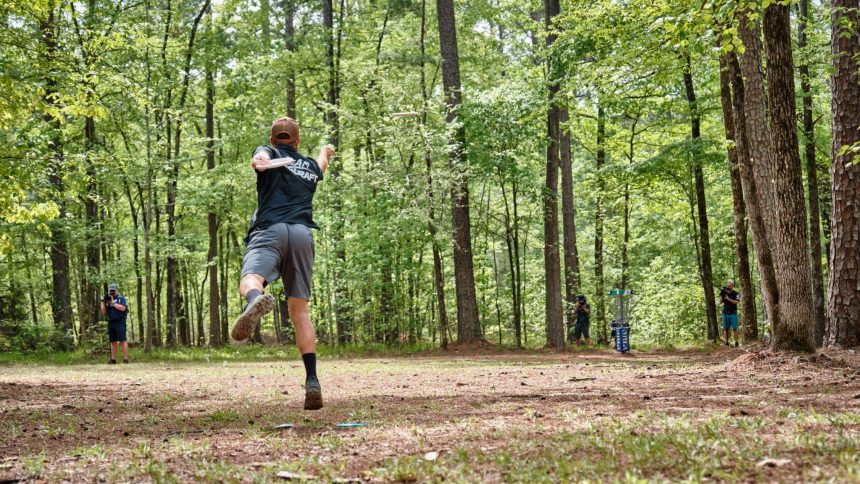As a disc golf beginner, understanding how to read the course is a crucial part of improving your game. Reading the course involves analyzing the layout, obstacles, and terrain to make informed decisions about shot selection, strategy, and execution. In this article, we’ll explore key strategies for reading the course and provide tips for improving your game.
Understand the Course Layout
Before you start playing, take a few minutes to walk the course and study the layout. Look for key features such as fairways, rough, water hazards, and obstacles. Pay attention to the placement of tees, baskets, and obstacles, and identify any potential hazards or challenges.
Identify the Fairway
The fairway is the area of the course where you’ll typically find the most open space and the best opportunities for scoring. Look for fairways that are wide, flat, and free from obstacles. These areas usually offer the most consistent and predictable play.
Identify Obstacles
Obstacles can include trees, rocks, water hazards, and other hazards that can interfere with your shot. Take note of the location and type of obstacles on each hole, and plan your shots accordingly. For example, if you’re faced with a tight shot through a tunnel of trees, you may need to choose a more accurate disc over a longer, more powerful shot.
Understand the Terrain
The terrain of the course can greatly impact the way you play. Hills, valleys, and elevation changes can affect the distance and trajectory of your shots. Take note of any significant changes in elevation, and plan your shots accordingly. For example, if you’re playing uphill, you may need to use a more powerful disc to compensate for the increased air resistance.
Understand Wind and Weather
Wind and weather can also impact your shots. Take note of any wind direction and speed, and plan your shots accordingly. For example, if you’re playing in a strong headwind, you may need to adjust your shot to compensate for the increased resistance.
Strategies for Reading the Course
Once you’ve familiarized yourself with the course layout and terrain, it’s time to start thinking strategically. Here are a few key strategies to keep in mind:
Play to the Fairway
Whenever possible, try to play your shots to the fairway. This will give you the best opportunities for scoring and reduce the risk of obstacles and hazards. Focus on accuracy and control over power and distance.
Manage Your Risks
Don’t be afraid to take calculated risks, but be mindful of the potential consequences. If you’re facing a difficult shot, weigh the potential benefits against the potential risks, and consider playing it safe if necessary.
Use Your Disc Selection Wisely
Choose the right disc for the shot, taking into account factors such as distance, speed, and control. A more accurate disc may be better suited for a shorter shot, while a longer, more powerful disc may be better suited for a longer shot.
Plan Ahead
Think ahead to your next shot, and plan accordingly. Consider the location of obstacles, the direction of the wind, and the terrain, and make adjustments to your shot accordingly.
Conclusion
Reading the course is a crucial part of improving your disc golf game. By understanding the layout, obstacles, and terrain, and using strategies such as playing to the fairway, managing risks, using your disc selection wisely, and planning ahead, you can improve your accuracy, control, and overall score. Remember to stay focused, patient, and adaptable, and always be willing to learn and improve.
FAQs
Q: How do I know which disc to use for a particular shot?
A: Choose the right disc based on the distance, speed, and control you need for the shot. Consider factors such as the wind direction, the terrain, and the location of obstacles.
Q: What if I’m faced with a difficult shot?
A: Don’t be afraid to take a calculated risk, but be mindful of the potential consequences. If you’re unsure, consider playing it safe and taking a penalty stroke.
Q: How do I stay focused and patient during a round?
A: Take deep breaths, stay hydrated, and focus on the present moment. Try to maintain a positive attitude and celebrate your successes, no matter how small.
Q: What if I get stuck behind a group of more experienced players?
A: Don’t get discouraged! Use the opportunity to observe and learn from more experienced players, and try to stay patient and focused. You can always ask for tips or advice from more experienced players.








